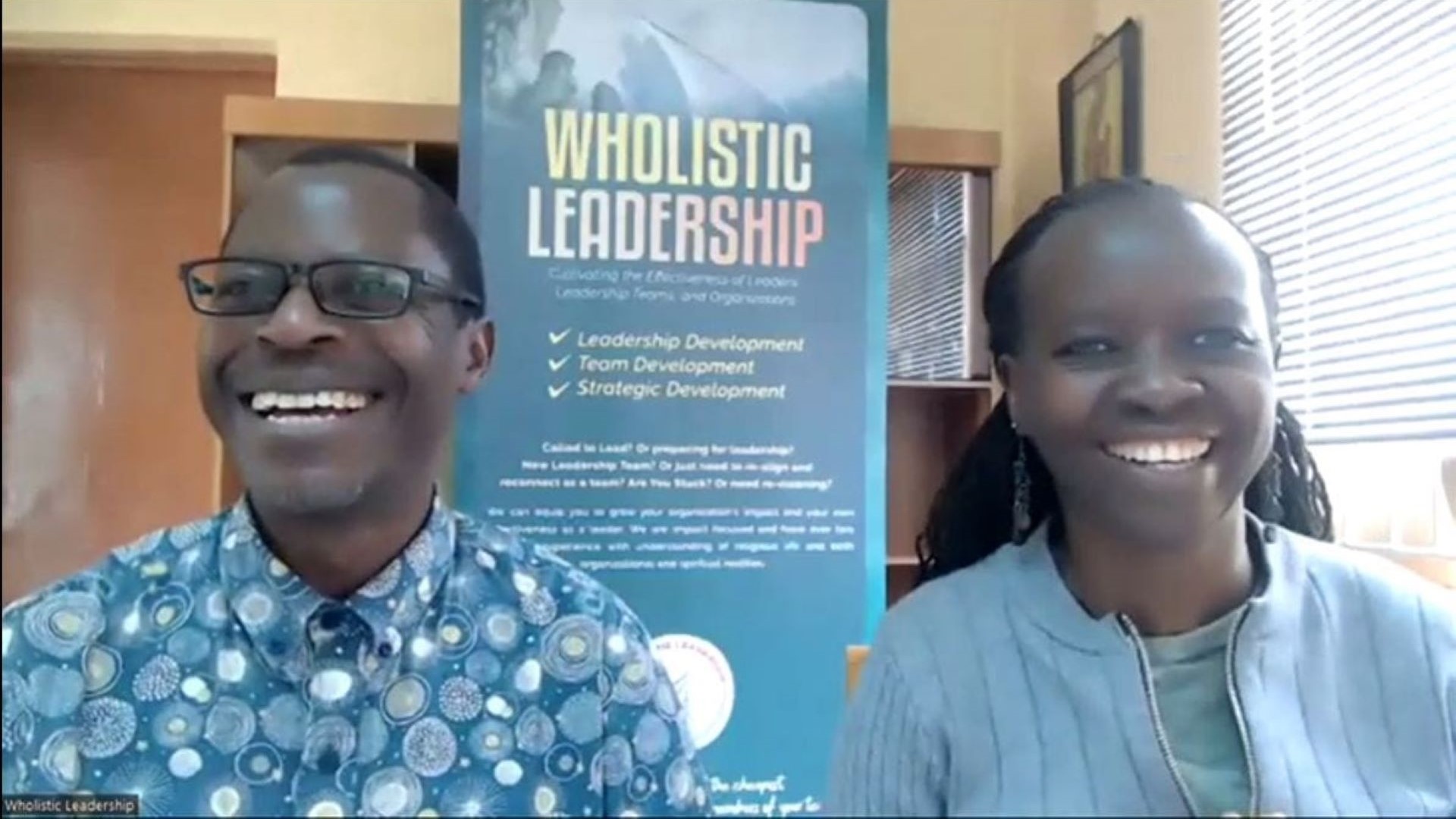When I first started out as a consultant more than 20 years ago, I was often asked to help mission-driven organizations develop strategic plans. I designed highly participatory processes involving staff and wider stakeholders.
Many tolerated rather than actively supported the processes. Some saw strategy as just another funding hoop to jump through. Afterwards they tended to ignore the ‘consensus’ decisions. I soon realized that in my desire to focus on the whole organization, I was underplaying the importance of leadership.
Today I firmly believe that Wholistic Leadership is the most important element in capacity building. You can look to improve finances, staffing, systems, structure and strategy, but ultimately unless leadership is genuinely driving the change process, it ends up going nowhere – particularly if the change is not driven either by the legal or moral owners.
Our capacity building would be much more effective if we paid more attention to leadership. It’s (almost) all about leadership.
It is and isn’t about the Leader
It’s easy to make the individual leader all-important. Many cultures already put leaders on a pedestal and expect them to be all-knowing and all-powerful.
Organizations are clearly much more complex than a single individual. Good leadership is not about a person – it’s about the dynamics between the ‘leader’ and the ‘ship’. Effective leadership requires a wholistic leadership system and includes the governance and the leadership/management team. It permeates all levels of the organization.
And yet the individual leader still matters. In my experience, there is a strong correlation between quality leadership and organizations achieving their missions. For me a great leader intentionally and determinedly shares leadership. They are an odd mixture of courage and humility.
The converse is also true. When organizations fail, I would guess that nine times out of ten it can be traced back to problems of leadership.
The quality of leadership tells me more about the strength and potential of an organization than any other element. Our capacity building would be much more effective if we paid more attention to leadership. It’s (almost) all about leadership.
